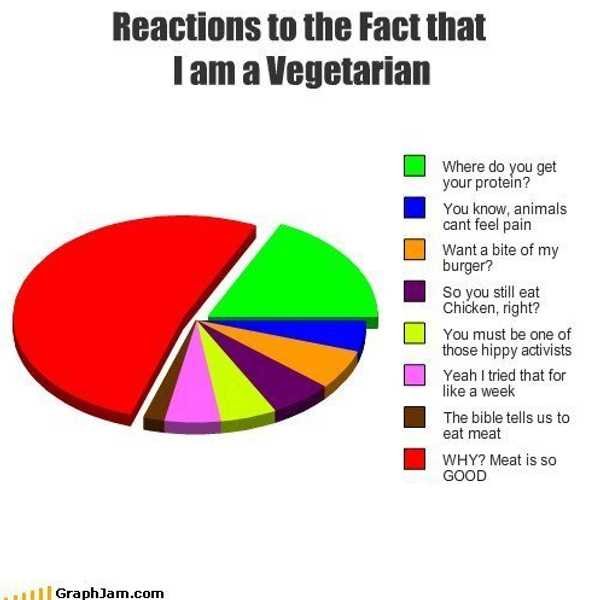A recent trend among Americans is the new “Meatless Mondays” idea. In recent years especially there has been controversy over how much meat people actually need in their diet (if any), because of the health complications that are seen in those with high meat and animal product diets (ie cheese, butter, and eggs). According to the Humane Society, “People who eat fewer animal products have lower rates of obesity, dementia, arthritis, and high blood pressure.” Rather than advocating that we all go on a completely vegetarian diet, groups have promoted not eating meat one day out of the week, thus began Meatless Mondays.
Not only does consuming less meat have health benefits but it also connects with another serious issue in our society: global climate change. Reducing consumption of meat by one day a week minimizes water usage because raising livestock is more water intensive than growing vegetables and grains. In addition to this, meat production is also a huge contributor to greenhouse gas emission, primarily Carbon Dioxide, Methane, and Nitrous Oxide. The third environmental benefit of cutting meat out of a diet for one day a week is that it cuts down on fossil fuel consumption, which as we all know are nonrenewable resources. For more specifics on the difference between meat and vegetable production look to this useful and informative website.
For even more information on Meatless Mondays watch Peggy Neu's TedX Talk on Meatless Mondays: I found it was a great resource for not only the history of Meatless Mondays but also how it has an ongoing impact.





















